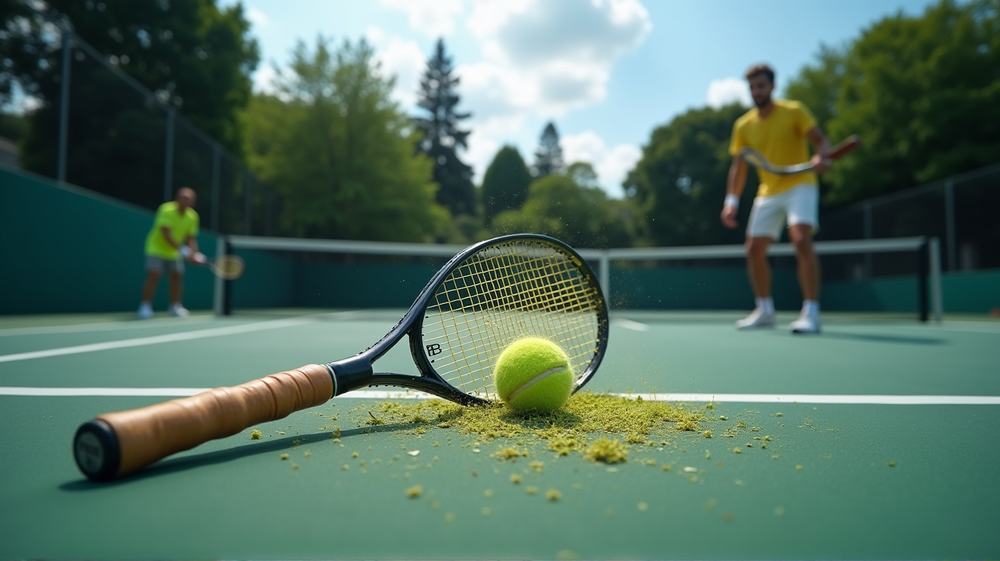Tennis World Awaits a Crackdown on Court Rage
By Richard Pagliaro | Sunday, August 31, 2025
The tennis court, a place usually reserved for grace and strategy, recently became a battleground for an emotional outburst that has the community torn. According to Tennis Now, Toni Nadal, revered coach and uncle to Rafael Nadal, has put forth a compelling argument for reform in light of Daniil Medvedev’s US Open meltdown, a scene as jarring as it was public.
Drawing the Line
Toni Nadal’s concern stems from watching a top-tier athlete give way to destructive behavior, smashing his racket after a loss—a move that landed Medvedev a fine of $42,500. For someone of Medvedev’s ilk, it has raised the question: should financial penalties suffice, or is a more stringent approach called for? Nadal’s suggestion? To introduce suspensions for repeat offenders and curtail the growing trend of on-court rage.
Echoes in the Stadium
This call for reform resonates across the tennis world. “In sports like ping-pong and golf, such disrespect is seldom seen,” notes Nadal, underscoring the discrepancy between tennis and its contemporaries. He urges tennis authorities to consider why this pattern flourishes here—and to take stern measures before it erodes the sport’s integrity.
The Financial Irony
Medvedev’s fines might seem steep, yet they fade in light of his $110,000 US Open earnings. These penalties, significant on paper, do little to deter a player of his stature, highlighting the gap between consequence and resolution. Uncle Toni maintains that harsher penalties could forge a path back to respect.
A Global Conversation
Worldwide, fans and experts alike echo Nadal’s sentiments, pondering how tennis, a sport praised for its discipline, ended up at this precarious junction. They question if the spectacle of shattered rackets contributes anything but a fleeting moment of drama, at the cost of long-standing decorum.
The Path Forward
As tennis gears up for future tournaments, all eyes are on its governing bodies, awaiting a decisive stand on behavior that risks becoming normalized if left unchecked. Could this mark a turning point, or will it fade into the echo of countless matches, unheeded?
The answer, as Nadal puts it, lies in “sporting punishments that speak louder than fines.” Whether the tennis world will heed this call remains to be seen, but the dialogue it sparks could bring about an era of respect that many believe the sport desperately needs.




